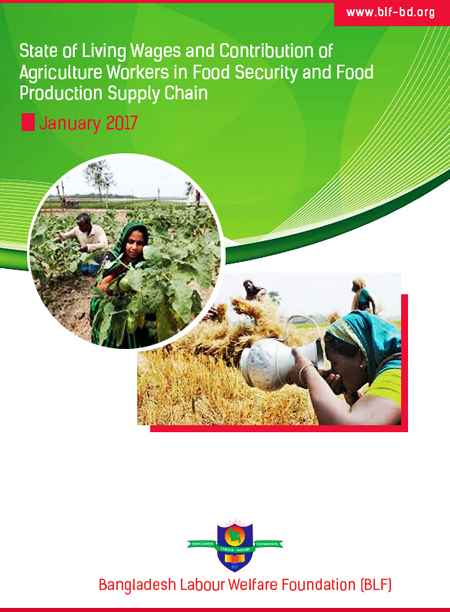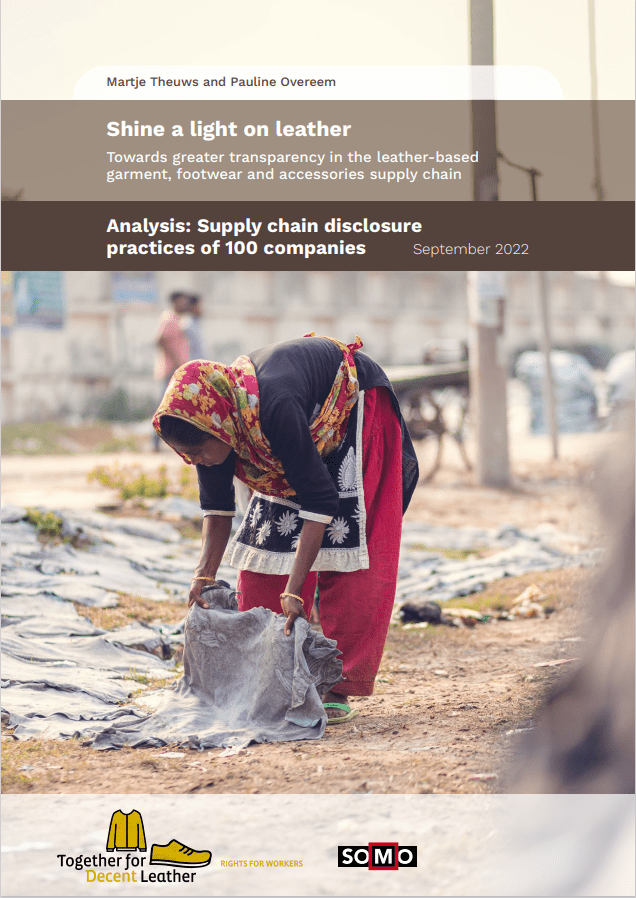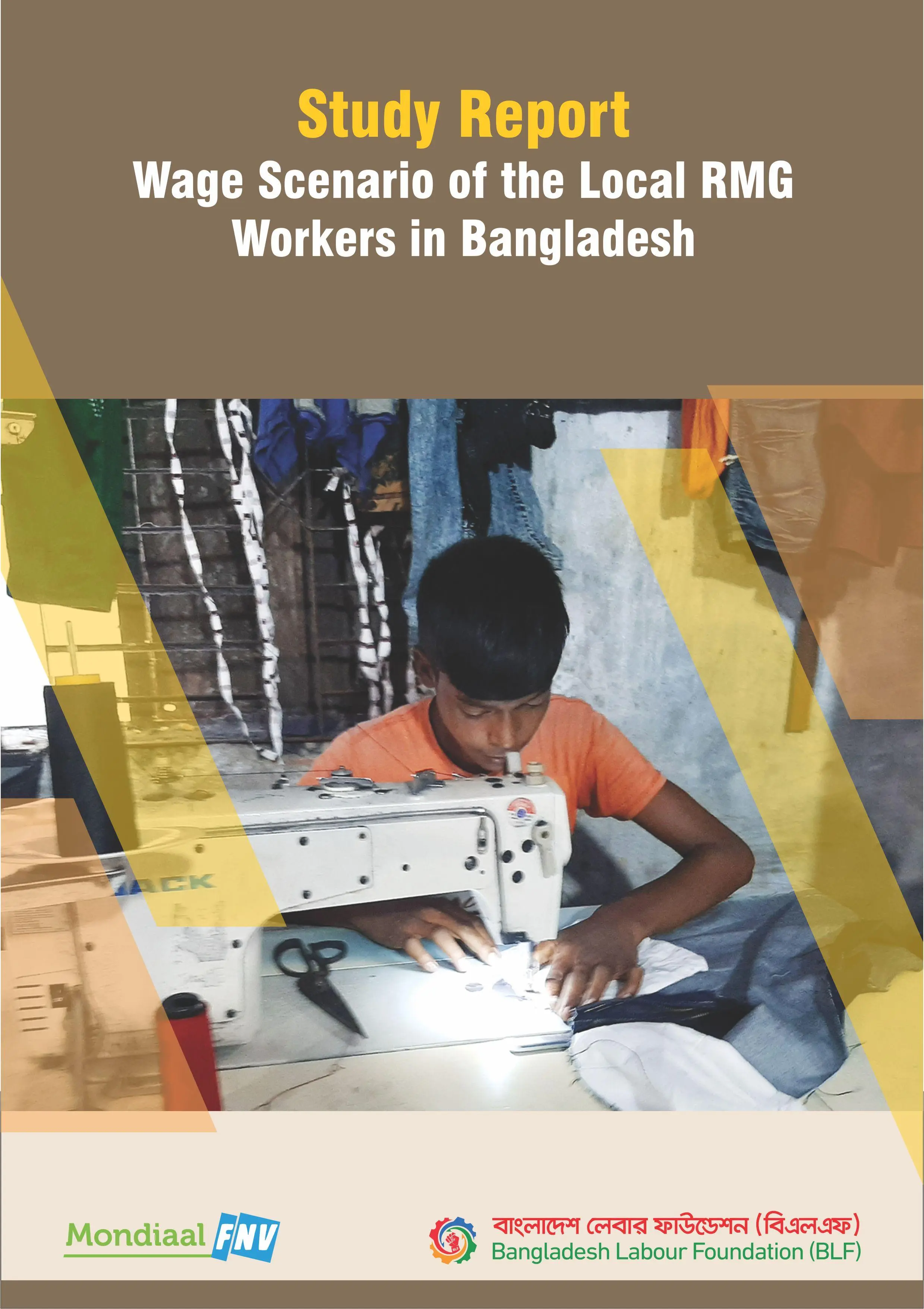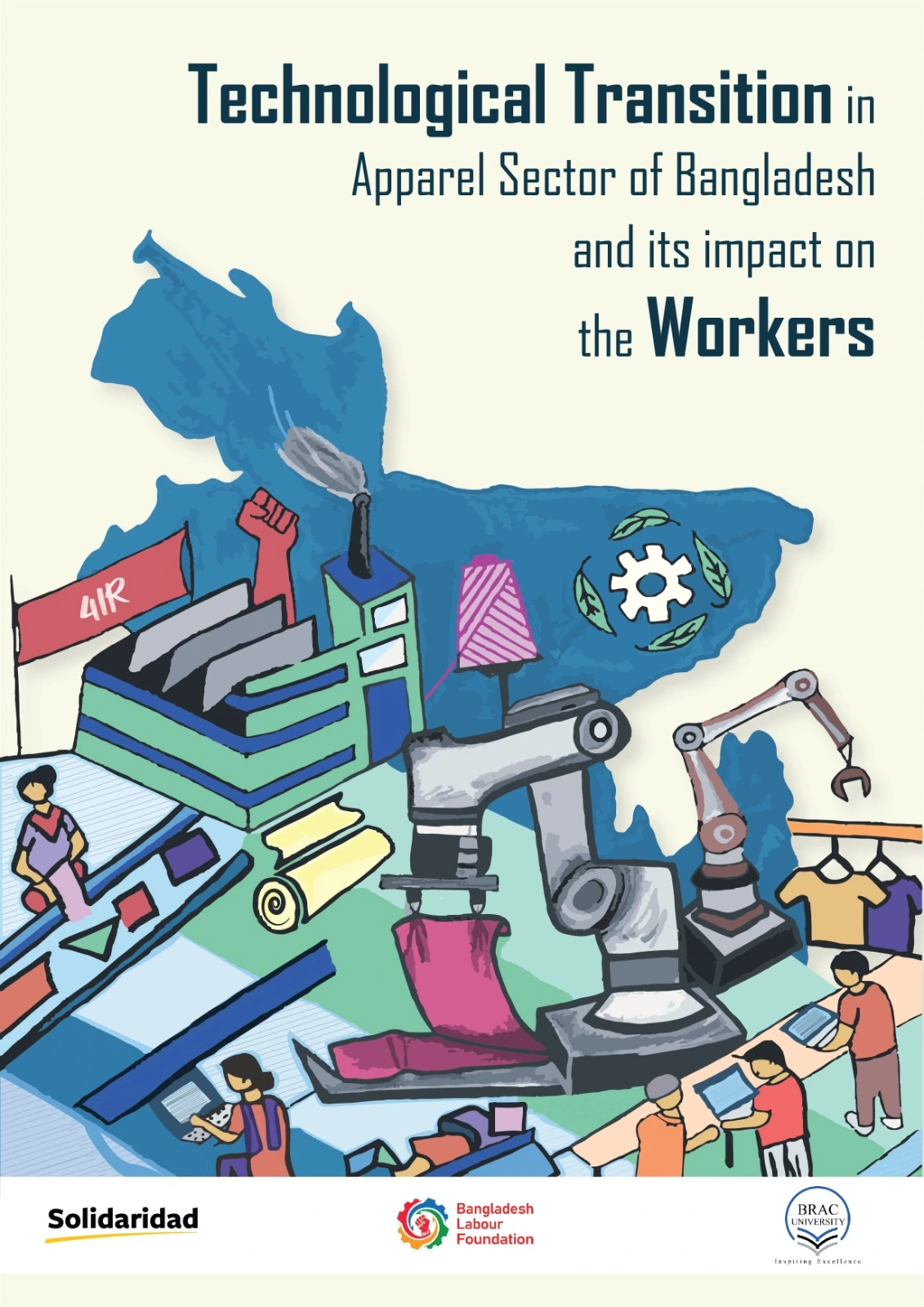Research & Study
The impacts of the Covid-19 crisis on leather workers in Bangladesh, Pakistan and India
October, 2021
SOMO conducted this study to understand the production trends and exports relevant actors involved in Bangladesh. Bangladesh Labour Foundation (BLF) provides essential information and insights into the leather industry in Savar, Dhaka.
Millions of people around the world work to produce leather garments, footwear and accessories. South Asia is an important production hub, catering to the international market. Bangladesh has emerged as an important producer of leather footwear for the international market. This overview of trends in the production of leather goods in Bangladesh collates information on the main product produced in Bangladesh. The report maps key Bangladesh-based leather manufacturers and foreign buying companies.
Background
The coronavirus pandemic has wreaked havoc around the world since late 2019, and the end is not yet in sight. We have seen a high number of fatalities and patients, overwhelmed public health institutions, as well as economic setbacks. Among the global sectors that were hit hard by the pandemic, the garment and footwear manufacturing industries took severe blows. In this short paper, we highlight the effects of the coronavirus pandemic on a particular sub-sector of the global garment and footwear industry: the leather-based garment, footwear and accessories industry. The pandemic has had a huge impact on the industry, particularly on workers. We want to bring to light the dramatic consequences of the crisis on leather workers in Bangladesh, Pakistan and India by portraying six workers. They speak about their experiences during the first lockdowns in 2020 and how the pandemic has affected them in terms of employment, livelihoods, rights, and how they fear for the future.
Objectives
- Highlight the challenges faced by workers in terms of employment, wages, working conditions.
- Overall livelihood during the pandemic in these South Asian countries.
Key Findings
- The leather industry is the second-largest export earner for Bangladesh, has shown a significant decline in recent years. The industry also faces substantial challenges related to environmental and social impacts, particularly concerning tannery processes.
- These issues have led major brands to avoid using Bangladeshi leather. Instead opting for imported leather for products manufactured in Bangladesh.
- The COVID-19 pandemic exacerbated these challenges, significantly impacting production and export activities. However, there are signs of recovery as political instability in Myanmar has redirected some international orders to Bangladesh.
- The study underscores the complexity and opacity of the leather supply chain in Bangladesh, which hinders transparency and traceability from production to end-product. This lack of transparency is due to both governmental and corporate reticence in disclosing detailed supply chain information.
Recommendations
- Pay their workers their full wages. Outstanding payments of wages and benefits owed to workers since the start of the coronavirus pandemic should be settled without delay. This should apply to all categories of workers including apprentices, contract workers, daily labourers, home-based workers etc.
- Commit to paying supplier prices that are sufficient to ensure living wages for all workers in the supply chain and for decent, safe and healthy working conditions in the workplaces.
- Conduct regular monitoring and inspections to ensure that factories comply with government guidelines to prevent and address the spread of Covid-19 at workplaces.
- Make sure that brands and retailers that receive government support make sure that the rights of workers in their supply chains are fully respected, now more than ever.
Based on everything we have heard and learned about the impact of the pandemic on already vulnerable workers in the leather-based garment sector, we formulated the following recommendations to brands, retailers, e-tailers, suppliers and local government authorities in Bangladesh, India and Pakistan, and other similar low-wage production countries as well as governments of countries where buyer companies are headquartered. It is high time that workers in this sector are enabled to enjoy their rights and are adequately supported to maintain a decent livelihood during this ongoing pandemic. Corporate and government actors have an urgent responsibility to ensure that workers are not pushed into further precarity.
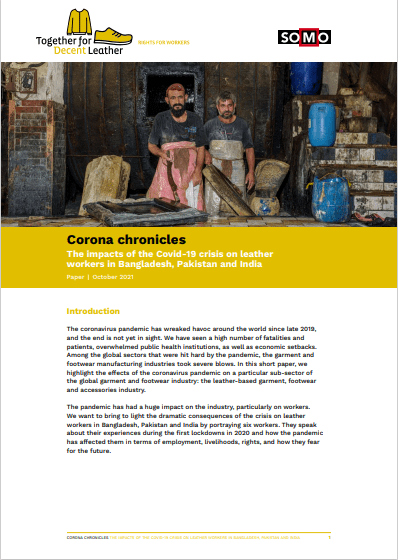
Publication Details
Date: October, 2021
Contact
Bangladesh Labour Foundation (BLF)
107 Bir Uttam C.R. Datta Road
Dhaka – 1205
Bangladesh

